Harold Garfinkel | Garfinkel law offices
Harold Garfinkel | Garfinkel law offices
A former Cook County Assistant State’s Attorney who worked the brutal 1994 murder of a 19-year-old woman on the South Side was denied an extension to file a request for clarification of a federal judge’s summary judgement in the wrongful conviction case of two who confessed to the murder.
Nevest Coleman and Derrel Fulton, who confessed to the 1997 rape and murder of Antwinica Bridgeman, filed their wrongful conviction lawsuits in 2018 after former State’s Attorney Kim Foxx vacated their convictions for the murder. Theirs was one of dozens of controversial exonerations under Foxx – many of the exonerations were based not on new evidence but on claims of police and prosecutorial misconduct.
On May 6, U.S. District Judge Martha Pacold denied former prosecutor Harold Garfinkel’s motion for a two-week extension for a clarification of the judge’s March 31 summary judgement (judgement before trial), and also for reconsideration of the judgement.
In the lawsuits where Coleman and Fulton claim, among other things, that their confessions to the murder were coerced and the prosecution was malicious, the judge noted that “Garfinkel argues that his only roles were purely prosecutorial: evaluating evidence already gathered by the police, interviewing witnesses, and deciding whether to bring charges.”
Garfinkel argued that he should therefore be entitled, as a prosecutor, to absolute immunity concerning some charges and qualified immunity concerning others.
But regarding the Coleman/Fulton confessions, Pacold ruled that “absolute immunity was not appropriate at the summary judgement phase” on both state and federal claims.
The judge did grant Garfinkel qualified immunity on some other claims.
In an earlier motion, defense attorneys for former Chicago detectives named in the Fulton/Coleman suits challenged a Coleman affidavit, calling it a “sham.”
The defense argued that Coleman’s claims about recognizing two detectives during his interrogation contradict his earlier testimony.
“It is undisputed that Coleman met with [retired Detectives Kenneth] Boudreau and [Jack] Halloran on his first visit to Area 1,” the defense response states.
Chicago Police Department's jurisdiction is divided into Areas 1-5 and 25 sub districts.
“The gist of Coleman’s affidavit is that he knows Boudreau and Halloran were among the group of eight officers who crowded into the interview room later that night to intimidate and harass him, because he recognized them as the two detectives he spoke with during his first visit to Area 1. Though Coleman’s affidavit carefully avoids using the word ‘recognize,’ the only way he can say who was in the interview room is if he recognizes them, regardless of whether he remembers their names."
“This is where Coleman’s affidavit falls apart,” the response continues.
The defense contends that Coleman’s affidavit contradicts his deposition testimony, where he stated he “knew the names Boudreau and Halloran, could not describe Boudreau or Halloran, could not recall any interaction with Boudreau or Halloran or what they did to him, and could not recall or describe the detectives who interviewed him during his first visit to Area 1.”
Additionally, the lawyers argued that Coleman “admitted that the detectives he spoke with during his first visit to Area 1—whom everyone agrees was Boudreau and Halloran—did not mistreat him ‘at all.’”
Bridgeman's mutilated body was found in the basement of a South Side home that was occupied by members of Coleman’s family.
Foxx vacated the Coleman/Fulton convictions in 2017 partly due to the absence of the suspects’ DNA at the crime scene.
Coleman filed his wrongful conviction lawsuit in 2018, naming Boudreau, Halloran, other detectives, police officers, and prosecutors.
The exoneration has generated national attention, with Judicial Watch - a conservative organization that seeks accountability and integrity in law, politics and government - requesting that Chicago Police Superintendent Larry Snelling reopen the investigation.
In a July 2024 letter to Snelling, Judicial Watch noted that the lack of DNA evidence does not prove innocence.
“More advanced DNA tests on samples not available at the time of the murder from Bridgeman's undergarments revealed semen from another individual, a serial rapist,” Judicial Watch wrote. “These tests became the basis for claiming the men had been coerced into confessing by Chicago detectives, who dismissed the tests as conclusive evidence of innocence and maintained that numerous possibilities could account for the DNA sample that did not vindicate the men.”
In addition to the DNA evidence, further concerns about the case arose from statements made by prosecutors involved in the original conviction.
"Another factor in the case is tied to statements top prosecutors working under Foxx made during depositions,” Judicial Watch wrote. “In those depositions, these prosecutors stated they believed Coleman and Fulton were guilty of the crimes and that detectives in the case committed no misconduct.”

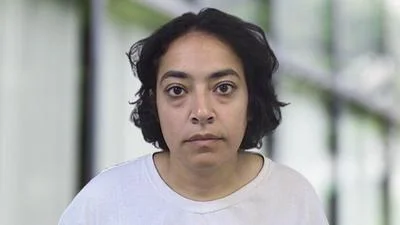
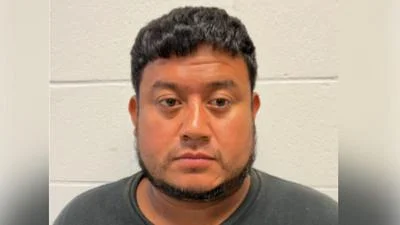
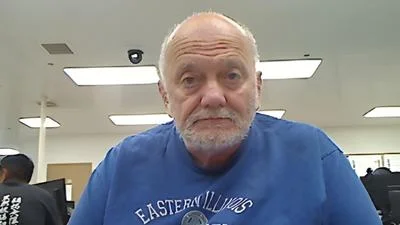
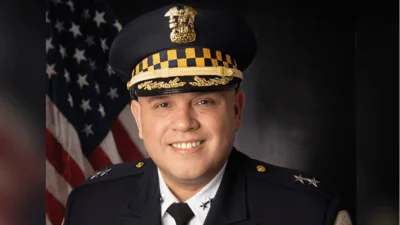
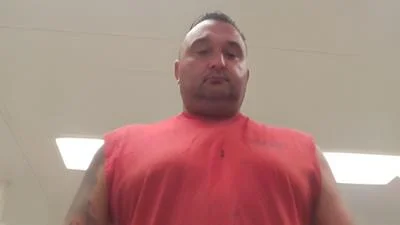
 Alerts Sign-up
Alerts Sign-up